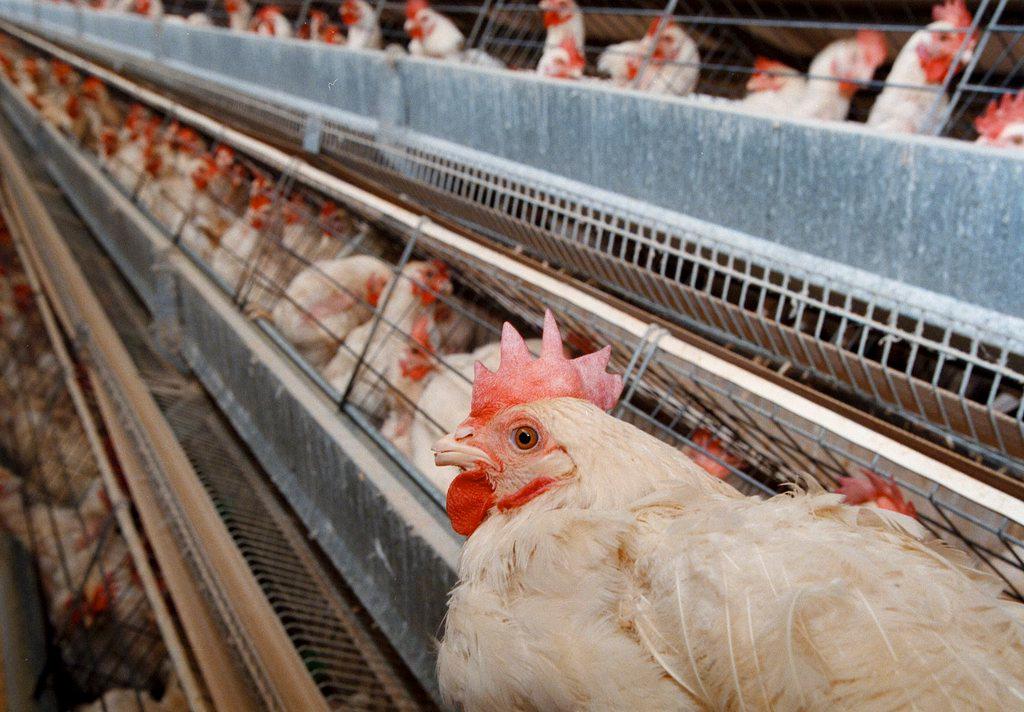
Swiss government believes ‘fair food’ initiative is unnecessary

The Federal Council has said that a Green Party initiative demanding that all food imports meet Swiss norms on social and environmental responsibility is unnecessary.
Switzerland is already committed to applying high-quality and safety guidelines to food products, both nationally and internationally, the government said in a press release on Monday.
While the Federal Council shared the proponents’ concerns, implementing changes in the constitution would be problematic, it said.
The initiativeExternal link calls for “healthy, environmentally friendly and fairly produced food” and wants Switzerland to apply its high domestic standards to all food imports as well.
+ Switzerland has most expensive food and drinks in Europe
Such a policy would conflict with current trade agreements and would be difficult to enforce because the production conditions would have to be monitored in each country of origin. This would result in food becoming more expensive, affecting both consumers and the Swiss economy, according to the government.
The stricter import requirements could also restrict the variety of food choices available in Switzerland, it said.
Both the government and parliament recommend rejecting the initiative, which will be put to the vote on September 23.

More
‘Fair food’ initiative to be put to the vote

In compliance with the JTI standards
More: SWI swissinfo.ch certified by the Journalism Trust Initiative

























You can find an overview of ongoing debates with our journalists here . Please join us!
If you want to start a conversation about a topic raised in this article or want to report factual errors, email us at english@swissinfo.ch.